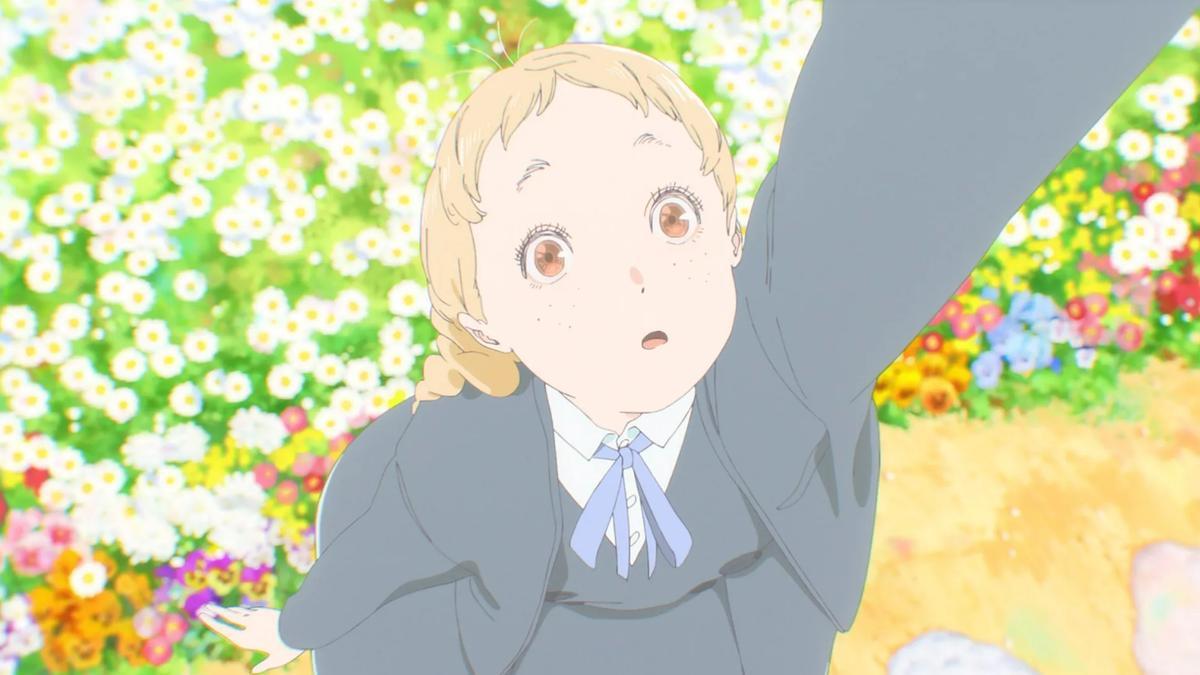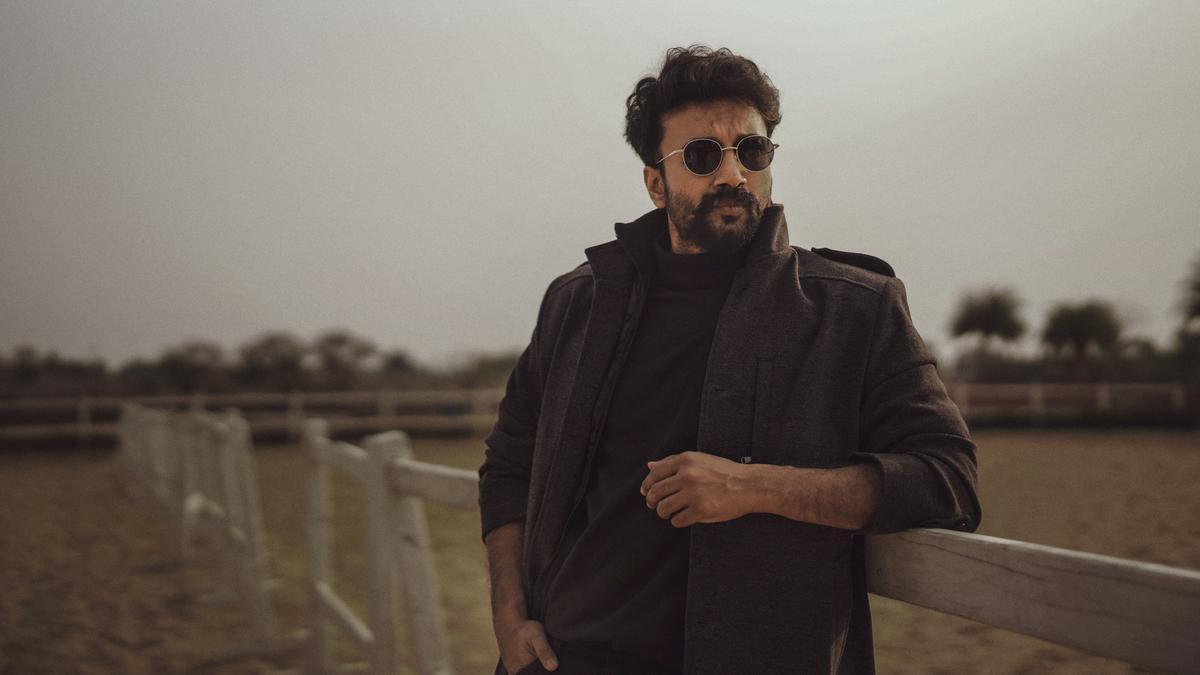
In celebration of World Music Day, the renowned singer and music composer Sheykhar Ravjiani has shared his considered thoughts and concerns regarding the burgeoning trend of song remixes in the contemporary music scene. Ravjiani, known for his work in Bollywood and beyond, offers a distinctive perspective on the practice, blending nostalgia with critical insight.
Ravjiani began by highlighting the intrinsic power of music to be magical and transformative. “Music has the ability to evoke a wide array of emotions in humans and often transports us to entirely different times,” he stated. However, he notes a recent surge in the remixing of old hit tracks for new movies, a trend ostensibly aimed at evoking nostalgia among audiences. This practice has been met with divided opinions from both musicians and listeners, sparking a widespread debate on the value and impact of remixes versus original compositions.
Reflecting on some personal observations and experiences, Ravjiani recalls instances where remixes have indeed worked magic. “Dance Masti, for example, was executed by Shankar Ehsaan Loy and included ‘Dil Kya Kare’ sung by Shaan. The album featured some truly wonderful versions of the original songs,” he said. However, he was quick to point out that not all remixes meet this high standard. “There are remixes which make me wonder why they were ever remade, as they significantly drop the quality and essence of the originals,” he added.
The heart of Ravjiani’s argument hinges on the respect owed to original compositions. “I always feel that you don’t need to remix a certain song. Let the original stay as it is. But when there’s genuine love and energy put into a remix, the result can be extraordinary and respectful of the original’s legacy,” he explained.
.
One notable example Ravjiani mentions is the remix of “Bachna Ae Haseeno,” a title track he worked on. He emphasized the necessity of honoring the original while adapting it to a new context. “When the film’s name is ‘Bachna Ae Haseeno,’ and the title track must align with this, we had to approach it with great caution and respect,” he said. The pressure to uphold the song’s legacy while infusing it with new energy made it a challenging yet rewarding experience.
Despite his general disapproval of remixes, Ravjiani acknowledges when a re-imagination rather than a remix can successfully pay homage to its predecessor. He references the new rendition of his song ‘Zehnaseeb,’ produced alongside Karan Kanchan and Kasyap. Ravjiani clarifies, “This is not a remix; it’s a new soundscape, a pure re-imagination of the song.” He lauds the efforts of his colleagues, noting their ability to craft a production that feels both fresh and nostalgic, striking a perfect balance. “It takes listeners back to those 10 years without distracting them from the original memory. That itself is a great compliment for the composer,” he remarked, emphasizing the beautiful synergy in the new production which resonates with both his past and the present.
As music continues to evolve, Ravjiani’s reflections offer a crucial lens through which to view the trend of remixes. He underscores the delicate balance between innovation and reverence, urging creators to treat original compositions with the respect they deserve while also acknowledging that, when done well, remixes and re-imaginations can offer a thrilling and respectful nod to the past.
The debate around the remix culture continues to gain momentum, with proponents and critics each championing compelling arguments. On this World Music Day, Ravjiani’s nuanced take serves as a timely reminder of the power and artistry that lies at the intersection of tradition and innovation in music. Whether one leans towards preserving the sanctity of original tracks or appreciates the creative efforts behind remixes, it is clear that music, in all its forms, continues to be a profound force of emotional and cultural significance.










